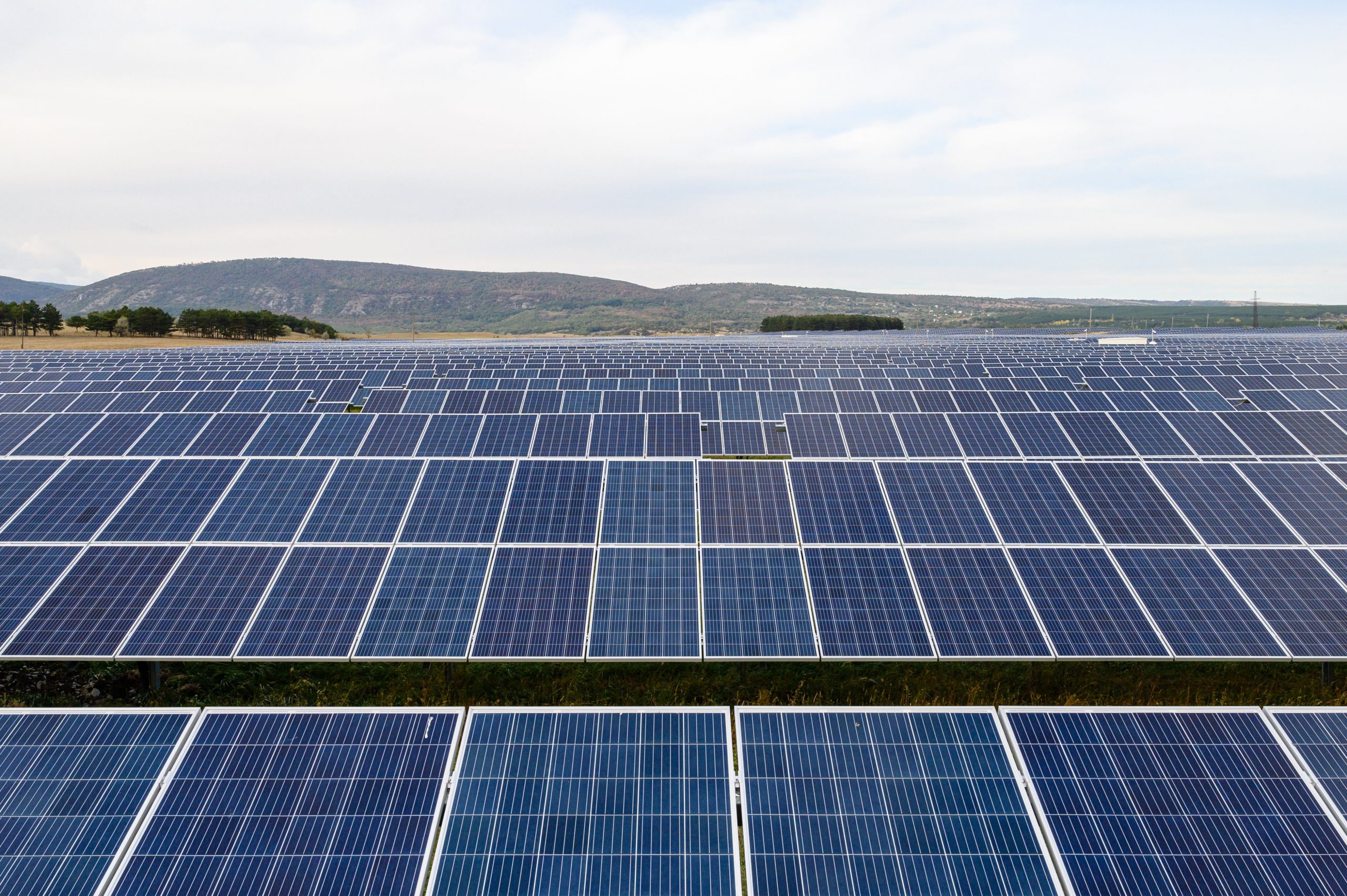
As energy prices skyrocket, a left-wing commentator calls on the government to lower taxes on gasoline. A conservative economist thinks that rising energy prices impact Hungary less than many other EU countries, thanks to the diversification of energy supply.
Hungarian press roundup by budapost.eu

Népszava’s István Marnitz finds it controversial for the government to heavily subsidize household heating gas prices, while it does nothing against rising fuel prices, which have hit record highs this week. The left-wing commentator calls the government’s household gas subsidies an economically unnecessary and demagogic stunt. At the same time, he calls on the government should lower taxes on fuel, as a more effective way of shielding the population and small businesses. As for the environmental implications, Marnitz speculates that if the opposition wins the April election, Hungary will receive more EU funds to subsidize the replacement of old cars with newer, more environmentally friendly models.

In Magyar Nemzet, Csaba Szajlai expects energy prices to remain high for years to come. The conservative economist attributes the price surge to the post-Covid economic recovery and the EU’s green turn. Szajlai suggests that higher energy prices will harm the periphery of the EU more than its economic powerhouse core states. He goes on to note that Hungary is relatively well-off in terms of energy security, thanks to the multiple pipelines crossing the country, the government’s 15-year gas supply deal signed with Russia’s Gazprom in September and Hungary’s growing solar energy capacity.
Featured photo illustration by Tamás Vasvári/MTI